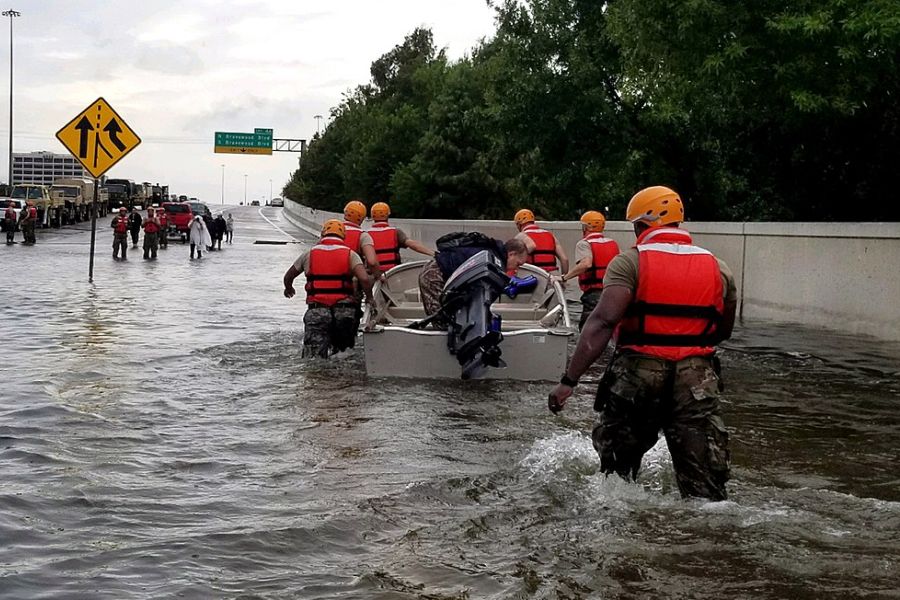Global Warming is Hold Accountable for Recent Weather Disasters

Climate change researchers are drawing attention to the global-warming process which has taken by surprise major cities: wildfires in Greece and California, dryness in Capetown and deadly heat in Japan.
Rahm Emanuel, mayor of Chicago once said: “you never want a serious crisis to go to waste”.
Ben Strauss, CEO of Climate Central based in New Jersey said: “in moments like this is very important to protect those involved, but it’s also important to understand why these things happened and why can we expect more. And there is only one reason – climate change”.
At first scientist hesitated if this should be attributed to climate change or not; but more evidence surfaced, pointing to the same direction.
A recent article published on Monday in the journal Nature suggested that global warming relates to more weather abnormalities like drought, wildfire or heat waves. These studies comprised 190 extreme weather events between 2004 and 2018. The cause for two-third of cases was climate change.
Recent evidence from last year shows three kinds of weather abnormalities: heatwaves in Asia, temperatures rising all around the world and ocean warming in the Bering Sea and Gulf of Alaska.
Frank Niepold climate education coordinator at the National Oceanic & Atmospheric Administration (NOAA) said “from recent events people are starting to look up more frequently at these issues, are trying to get informed”. He noticed a spike in activity at climate.gov and other global warming websites.
The recent heat wave that killed nearly 200 people in Japan wasn’t going to pass without notice but “people from Japan know how to handle disaster better than any of us” said Ben Strauss.
A recent study published in Strauss’s organization – Climate Control, shows a spike in the hot day across US, for e.g. the number of 90 plus degree days in Miami escaladed from 40 in the 70s to more than 100 in 2017.
Tony Leiserowitz director of the Climate Control communication program at Yale said that this issue is not addressed as much as it needs to be and it should be an opportunity for leaders across the world to take advantage and address new initiatives.
0 comments